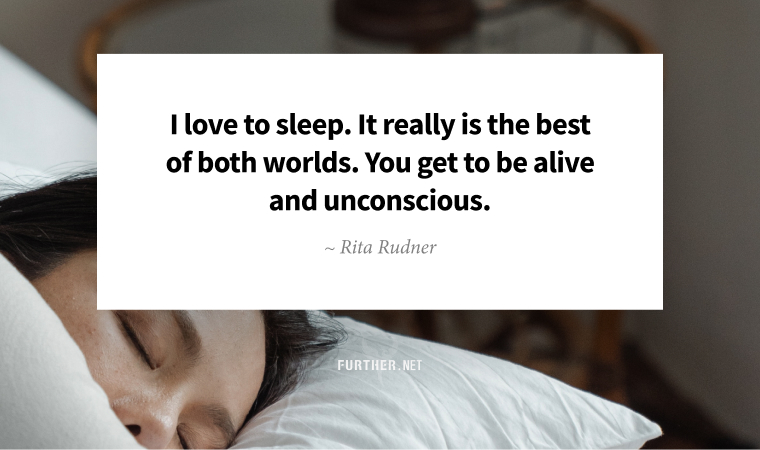
When it comes to preventing illnesses and increasing healthspan, sleep is one of the big three, along with diet and exercise. A little rest goes a long way — experts say most adults need just seven hours of sleep daily.
Meanwhile, the CDC says one in three Americans is sleep-deprived, increasing the risk of diabetes, stroke, cardiovascular disease, and, according to new research, dementia.
Not that this is news-news. Thanks to everything from job instability to financial stress, caregiving, and other pressures, we Gen Xers often can’t catch enough Z’s. My friends and I trade sleep aids the same way we swapped Wacky Pack stickers as kids.
Luckily, sleep issues aren’t just a modern-day phenomenon. There are proven homeopathic remedies used for thousands of years worth exploring.
Valerian’s Natural Lull
I’m a bit biased towards valerian root, prescribed to me by a chiropractor for use as a natural muscle relaxant after a bad car accident. Used for centuries across Europe and Asia, this potent (and pungent) herb has scientifically proven medicinal properties.
Valerian creates an oasis of tranquility by triggering the release of special chemical messengers, such as GABA (short for gamma-aminobutyric acid) into the brain. This calms the activity of excited brain neurons and prevents them — and you — from becoming overstimulated.
So, while I came for the muscle spasm relief, I stayed for the drowsiness valerian induces. It supports “sleep hygiene” by naturally easing stress levels.
Valerian is also traditionally used to treat headaches, hormonal-related discomfort like cramps and hot flashes, and decrease high blood pressure, among other uses.
All told, it gets to the root causes of sleeplessness.
Additional Alternatives
You’ve probably heard about the R&R benefits of CBD and the sleep-related hormone melatonin (vaping of which is now a thing — please don’t trade lung function for 40 winks). Here are a couple of other herbal remedies to consider:
Ashwagandha: Traditionally used in the 3,000-year-old medicine system, Ayurveda, Ashwagandha has both anti-anxiety and anti-inflammatory properties. Studies show it can help reduce fatigue and stress, and it promotes drowsiness and sleep.
Magnesium: Like valerian, magnesium helps your body maintain GABA levels, supporting your body in producing sleep-related chemicals. It also assists in calming the nervous system and improving its efficiency. Muscle relaxation, nerve function, and dopamine levels are all affected by magnesium, too, which may help alleviate insomnia and promote sweet slumber.
Like any other medicine, please consult your doctor before using herbal remedies. And, of course, you can always try meditation as an alternative to the alternatives.
After all, what all of these ancient treatments have in common is they help relax the eyes-open stressors. And that’s what really paves the way to better shut-eye.
10 Relaxing Benefits of Valerian (Alive)
